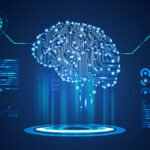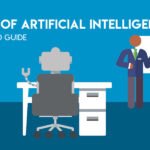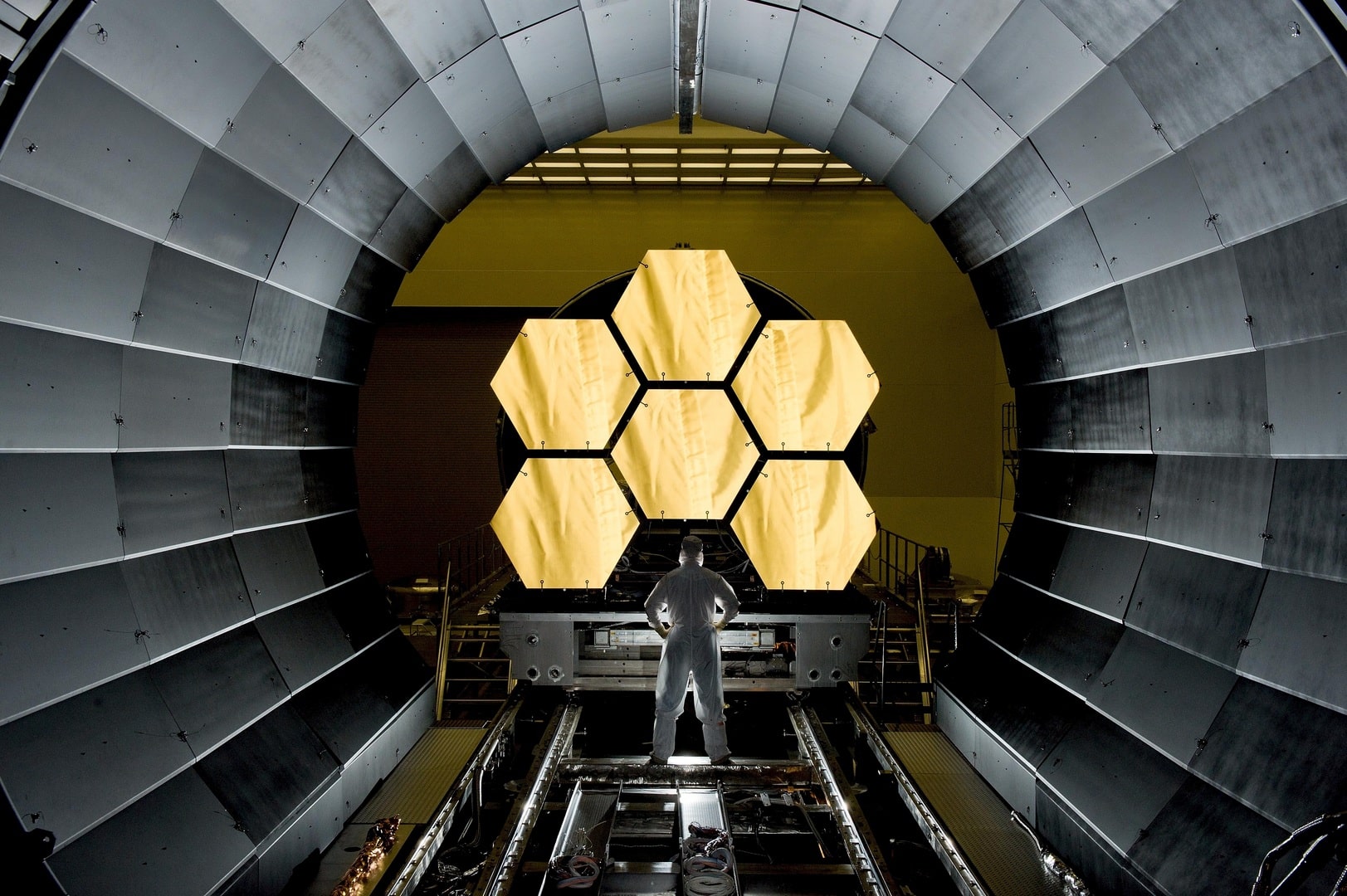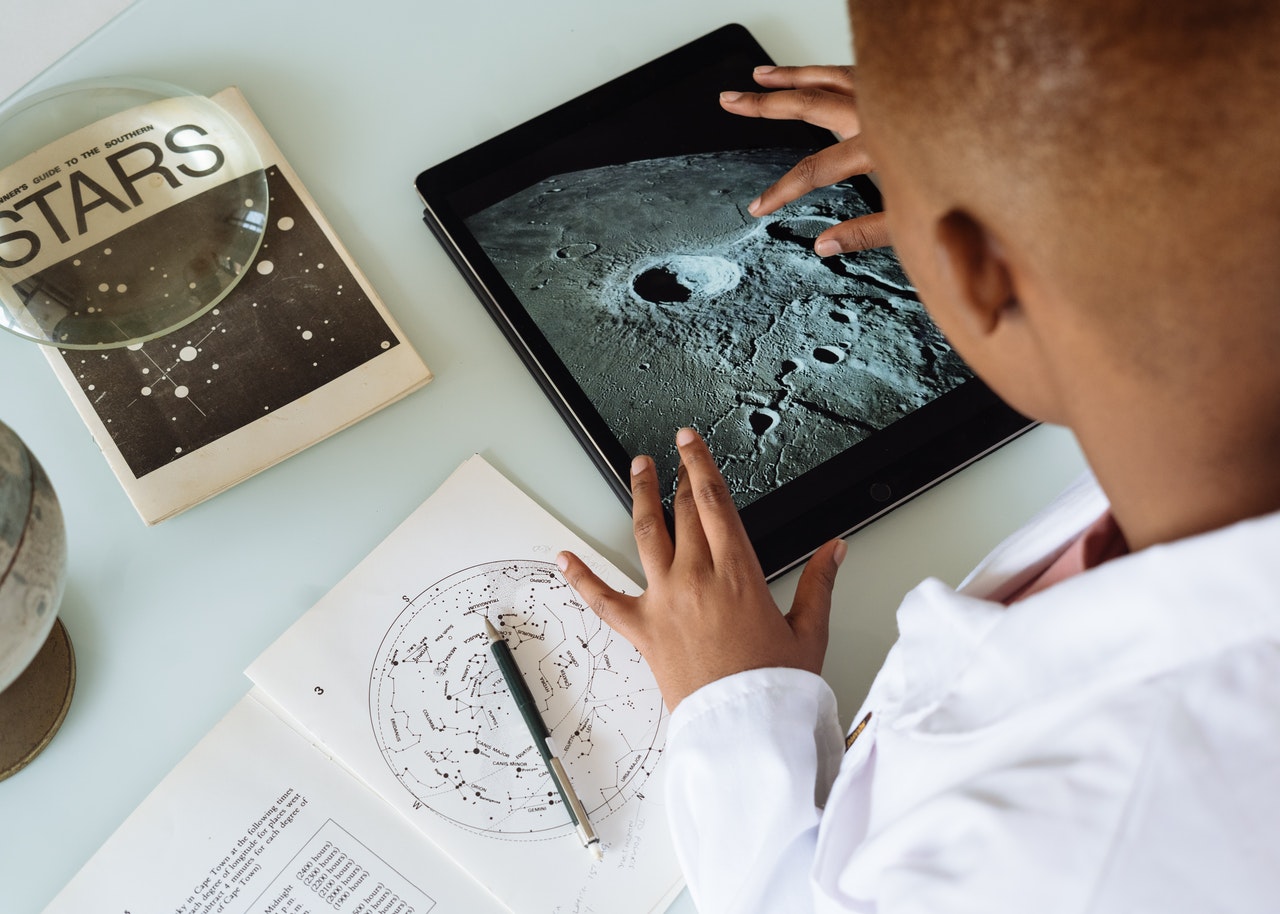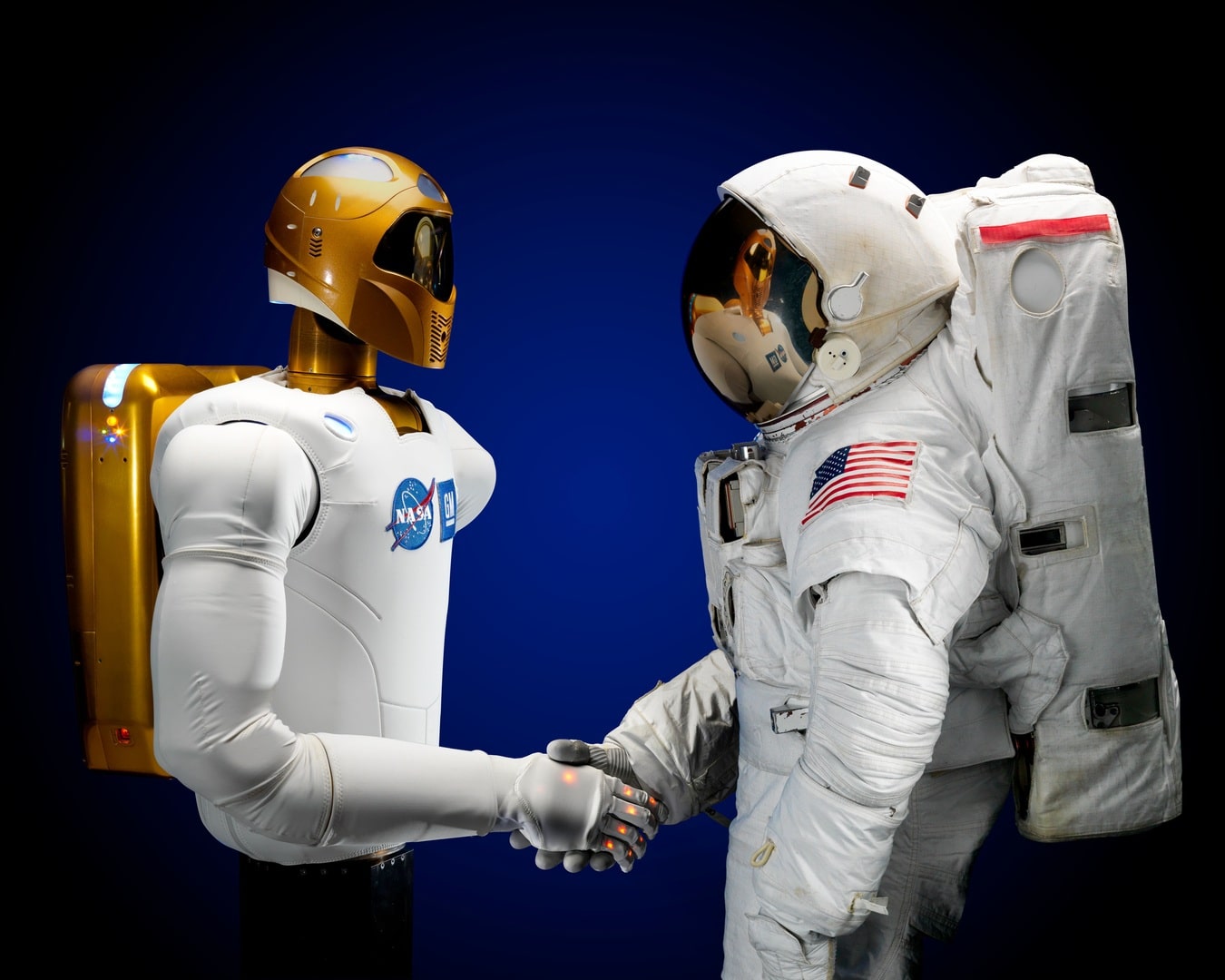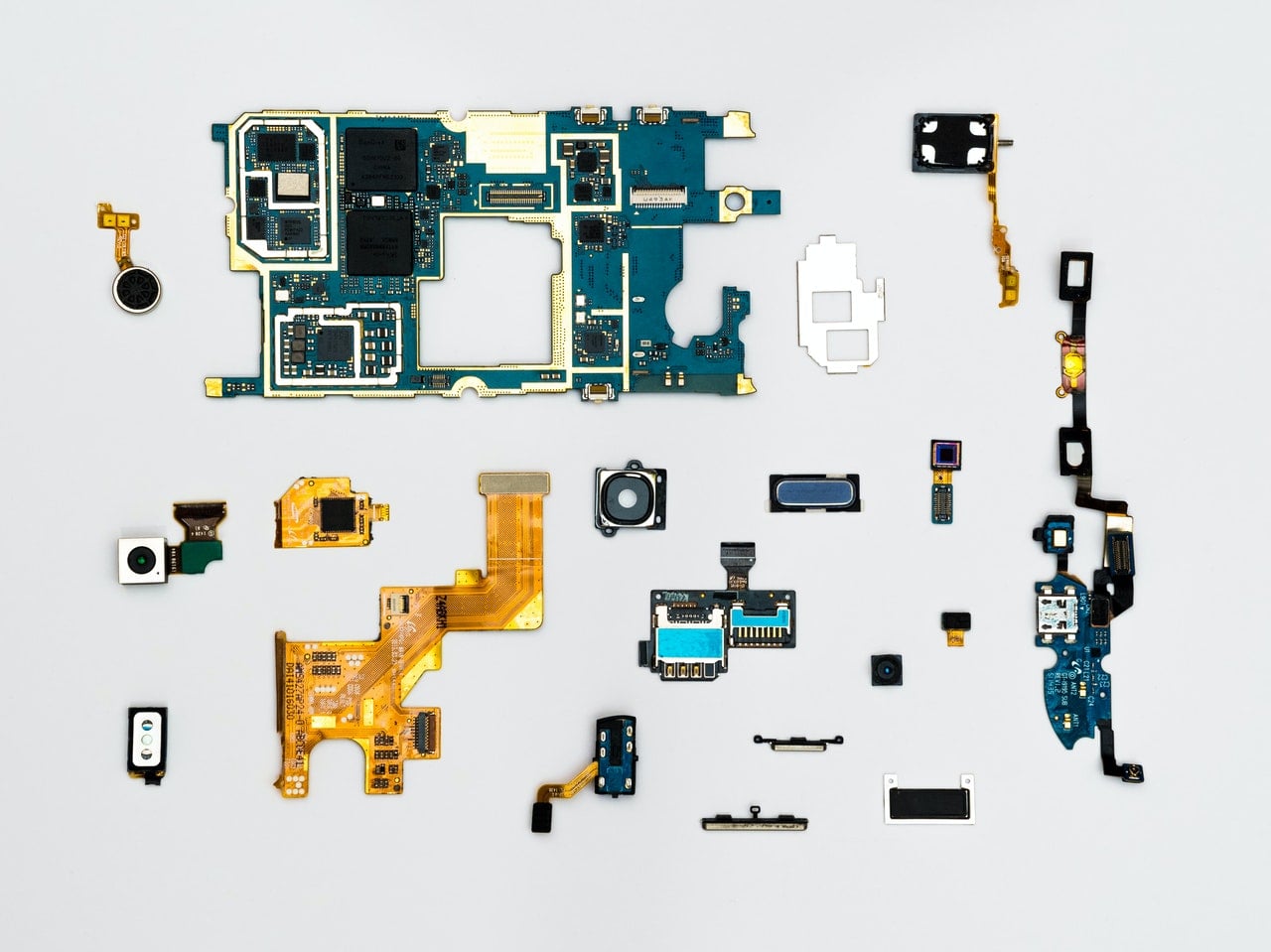AI at Google
/ /
Google, a global technology leader, has been at the forefront of artificial intelligence (AI) research and development for many years. From search algorithms to voice recognition, Google’s AI-powered technologies have revolutionized the way we interact with information and technology. In this blog, we will delve into the world of AI at Google, exploring the company’s innovative advancements, notable projects, and the impact they have had on various industries.
- AI-Powered Search and Recommendations: Google’s search engine, powered by AI algorithms, has become synonymous with finding information on the web. Through natural language processing and machine learning, Google search delivers relevant and personalized results, constantly improving its understanding of user intent. Additionally, AI-driven recommendation systems enhance user experiences by suggesting relevant content, products, and services based on individual preferences and browsing behavior.
- Google Assistant and Natural Language Understanding: Google Assistant, a virtual voice assistant, has made significant strides in natural language understanding and conversation capabilities. Through machine learning and deep learning techniques, Google Assistant can answer questions, perform tasks, and engage in interactive conversations. Its integration across devices and platforms has transformed the way users interact with technology, enabling voice-based commands, smart home control, and hands-free assistance.
- Computer Vision and Image Recognition: Google’s computer vision capabilities have redefined image recognition and visual understanding. Projects like Google Photos use AI algorithms to identify and organize photos based on content, objects, and people. Google Lens, an AI-powered visual search tool, allows users to search for information by simply pointing their camera at objects or landmarks, opening up new possibilities for augmented reality experiences and visual search.
- DeepMind and Advancements in Machine Learning: Google’s acquisition of DeepMind, an AI research company, has accelerated advancements in machine learning and reinforcement learning. DeepMind has made significant breakthroughs in areas such as game-playing AI (e.g., AlphaGo), healthcare applications, and energy optimization. These developments have pushed the boundaries of what is possible in AI research and showcased the potential of machine learning in solving complex problems.
- Google Translate and Language Processing: Google Translate employs AI techniques, including neural machine translation, to provide accurate and real-time language translations. With support for numerous languages, Google Translate has facilitated global communication, enabling users to bridge language barriers effortlessly. The system continually improves through machine learning, learning from the vast amount of multilingual data available.
- AI in Healthcare and Life Sciences: Google’s AI initiatives extend into the healthcare and life sciences domain. Projects like DeepMind Health aim to improve patient care through AI-powered tools, including predictive analytics, disease diagnosis, and personalized treatment recommendations. Google’s AI capabilities also support genomics research, drug discovery, and medical imaging analysis, aiding in advancing healthcare practices and accelerating medical breakthroughs.
- AI Ethics and Responsible Innovation: Google recognizes the importance of ethical AI development and has been actively engaged in discussions around responsible AI practices. The company has established AI principles centered on fairness, accountability, privacy, and transparency. Initiatives like the Google AI Impact Challenge focus on leveraging AI for social good and supporting organizations that address critical societal issues through AI-powered solutions.
- Open Source Contributions and Collaboration: Google actively contributes to the AI community through open-source projects and collaborations. TensorFlow, Google’s deep learning framework, has become widely adopted and serves as a foundation for AI research and development. Google’s collaborations with academia, industry partners, and research organizations foster knowledge exchange, drive innovation, and accelerate the progress of AI as a collective endeavor.
Posted in Blogs





